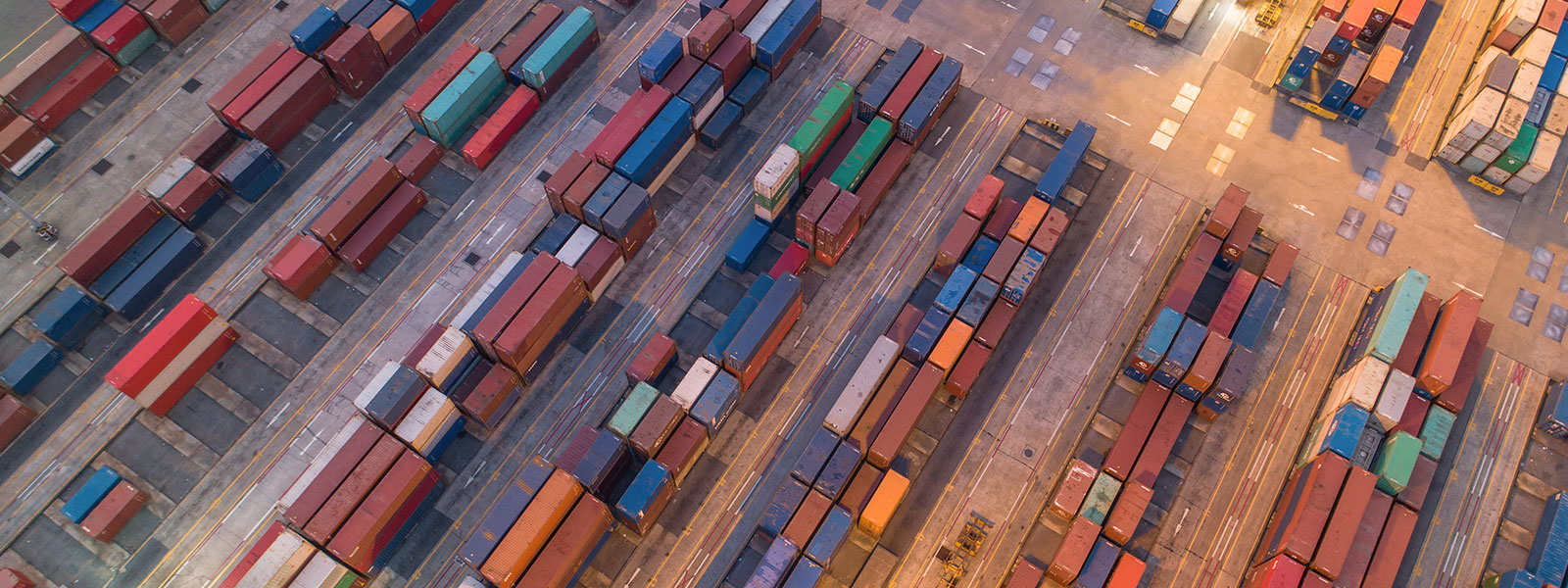The future of global trade: expert views
OFX have partnered with MoneyWeek, the UK’s best-selling financial magazine, to explore the future of global trade. Here we look at how the modern era of globalisation occurred, and how the current trading landscape is evolving. Download the full report here.
As part of the Future of Global Trade report, a number of experts in global economics have weighed in on what they think this future could look like for today’s global businesses.
In summary, an overarching feeling of uncertainty, and even anxiety, about how businesses can maintain stable cashflows and other global operations is extremely prevalent now. This has resulted from a number of factors, including a growing prevalence of protectionism, and the impact of political in-fighting and ‘tit-for-tat bilateral slanging’ undermining the trade frameworks established by the likes of the World Trade Organisation (WTO).
Despite this feeling of uncertainty, there are precautions that businesses can take in order to break through the noise and continue carrying out global operations with peace of mind. As Simon MacAdam, global economist at Capital Economics explains, “right now, the main message to businesses has to be: make sure you get your house in order”.
That is, ensuring the balance sheet of your business remains stable means the less vulnerable you are to volatility. And ultimately, the stronger the aggregate balance sheet, the more resilient the overall economy.

The growing landscape of protectionism
With the current political landscape indicating a shift towards levels of protectionism that greatly contrast the era of globalism we’d previously experienced, businesses can be impacted as they inherently benefit from lower trade barriers.
As Gerard Lyons, chief economic strategist, challenger wealth manager at Netwealth explains, “Although tariffs have trended down globally, there is always a threat posed by non-tariff barriers, including over-reaching regulations.” Lyons argues that these are often aimed at protecting the vested interests and status quo.
The opportunity for businesses therefore lies in pushing for free and fair trade, with the prevalence of new trade corridors and the growth in the flow of goods and services around the world. Ultimately, businesses don’t need a trade deal to trade, instead, they need a product or service that can be marketed globally, so people around the world wish to buy or use it.
Reach out today to learn more about how OFX can help you with your money transfer needs.

The impact on the corporate sector
It’s indicated that key industries like auto, electronics and housing are all weakening, and against this background, Paul Hodges, chairman of International eChem explains that investors could be harking up the ability of the central banks to provide continued support to the stock market.
This speaks to a greater weakening of the corporate sector, with many firms, according to MacAdam, becoming more leveraged and making them susceptible to risk in the case there is an unexpected slowdown in the economy. And most corporate bonds are only BBB-rated, which makes their potential downgrade risker.
Provided that the corporate sector is also proving to be less profitable, this could also raise the cost of borrowing from the private sector, which could tip these over-leveraged businesses into insolvency.
Dr Peter Warburton, chief economist at Economic Perspectives says that the resulting re-pricing of credit would stem the tide of share buybacks and likely trigger a stock market correction. Yet, some of the opportunities for businesses may lie in the return of volatility to financial markets.
As market complacency continues and central banks withdraw their implicit underwriting of financial system risk, the likelihood of price volatility increases. Meaning that those businesses that are prepared can take advantage where it suits them. As to the points above, getting the business balance sheets in order and securing a solid net cash position is the best way to move forward.

The ongoing US-China showdown
Moving away from the issues facing global trade today, including the ongoing US-China trade war which, according to Diana Choyleva, chief economist and founder of Enodo Economics, is just a foretaste of a greater fight over technology.
Part of the US’ fundamental basis to its economic and military prowess and superpower status is it’s high tech supremacy. Which China, while pouring billions into fields like quantum computing and artificial intelligence, is ripe to challenge that status. “So however the current spat ends, this is just the beginning of a much wider, all-encompassing geopolitical confrontation between the US, as the existing dominant power, and China, as the aspiring dominant power,” Choyleva explains.
This competition will likely spill into other arenas as well, like the overall reform of international financial institutions and the rise of the renminbi as a reserve currency, to the detriment of the dollar. Choyleva indicates that investors and businesses should therefore plan for permanent tension in the Sino-US relationship, and plan accordingly.
There are many differing views on what the future of global trade could look like, but one this is for certain; uncertainty reigns. In the face of this, businesses are consistently encouraged to plan ahead and boost their safety net to stay ahead and continue expanding overseas. Especially because the benefits of doing so are evident, with the right strategy, expansion doesn’t have to come with uncertainty.
IMPORTANT: The contents of this blog do not constitute financial advice and are provided for general information purposes only without taking into account the investment objectives, financial situation and particular needs of any particular person. OzForex Limited (trading as OFX) and its affiliated entities make no recommendation as to the merits of any financial strategy or product referred to in the blog. OFX makes no warranty, express or implied, concerning the suitability, completeness, quality or exactness of the information and models provided in this blog.


